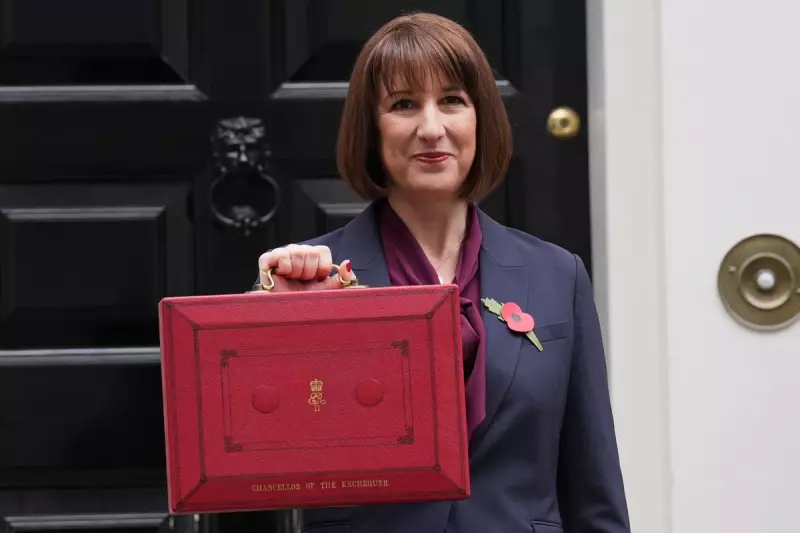
In a stunning reversal of pre-election pledges, Chancellor Rachel Reeves has officially abandoned plans to introduce a new 'mansion tax' on high-value properties and increase capital gains tax rates.
The decision, confirmed during the new Labour government's first major fiscal announcement, marks a significant departure from the party's earlier stance and signals a more cautious approach to wealth taxation than previously promised.
Strategic Shift in Economic Policy
The abandoned mansion tax was a cornerstone of Labour's original revenue-raising strategy, designed to target properties valued at over £2 million. Similarly, the proposed capital gains tax increase aimed to narrow the gap between capital gains and income tax rates.
Reeves defended the U-turn by emphasising the need for "stability and certainty" in the UK's economic landscape. "Our primary focus must be on growth without creating unnecessary market turbulence," the Chancellor stated during her address.
Market Reaction and Political Fallout
The announcement has generated mixed reactions across political and economic spheres. Property market analysts have welcomed the decision, suggesting it prevents potential devaluation in the high-end housing market.
However, critics from both opposition parties and within Labour's own ranks have questioned the government's commitment to its progressive taxation agenda. Some backbenchers have expressed disappointment, arguing that the reversal undermines promises made to the electorate regarding tax fairness.
What's Next for Labour's Economic Agenda?
With these two major revenue proposals now off the table, attention turns to how the government plans to fund its ambitious public spending programmes. The Autumn Budget, expected later this year, is now anticipated to reveal alternative strategies for balancing the books.
Observers suggest this move indicates Chancellor Reeves' preference for moderate, business-friendly policies over more radical wealth redistribution measures, potentially setting the tone for Labour's entire economic approach.




